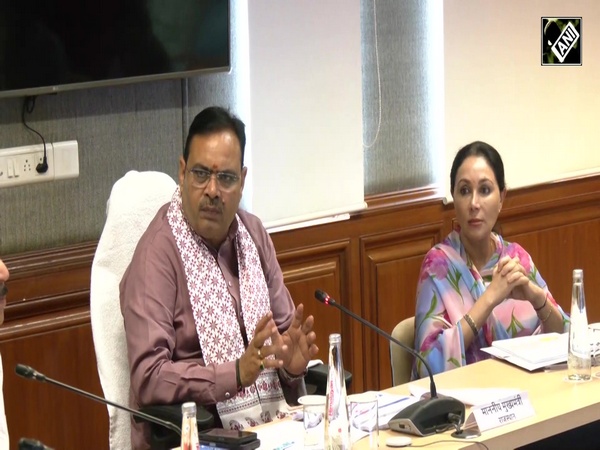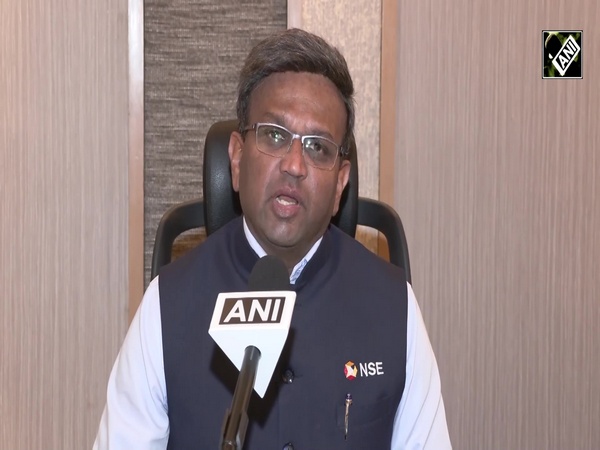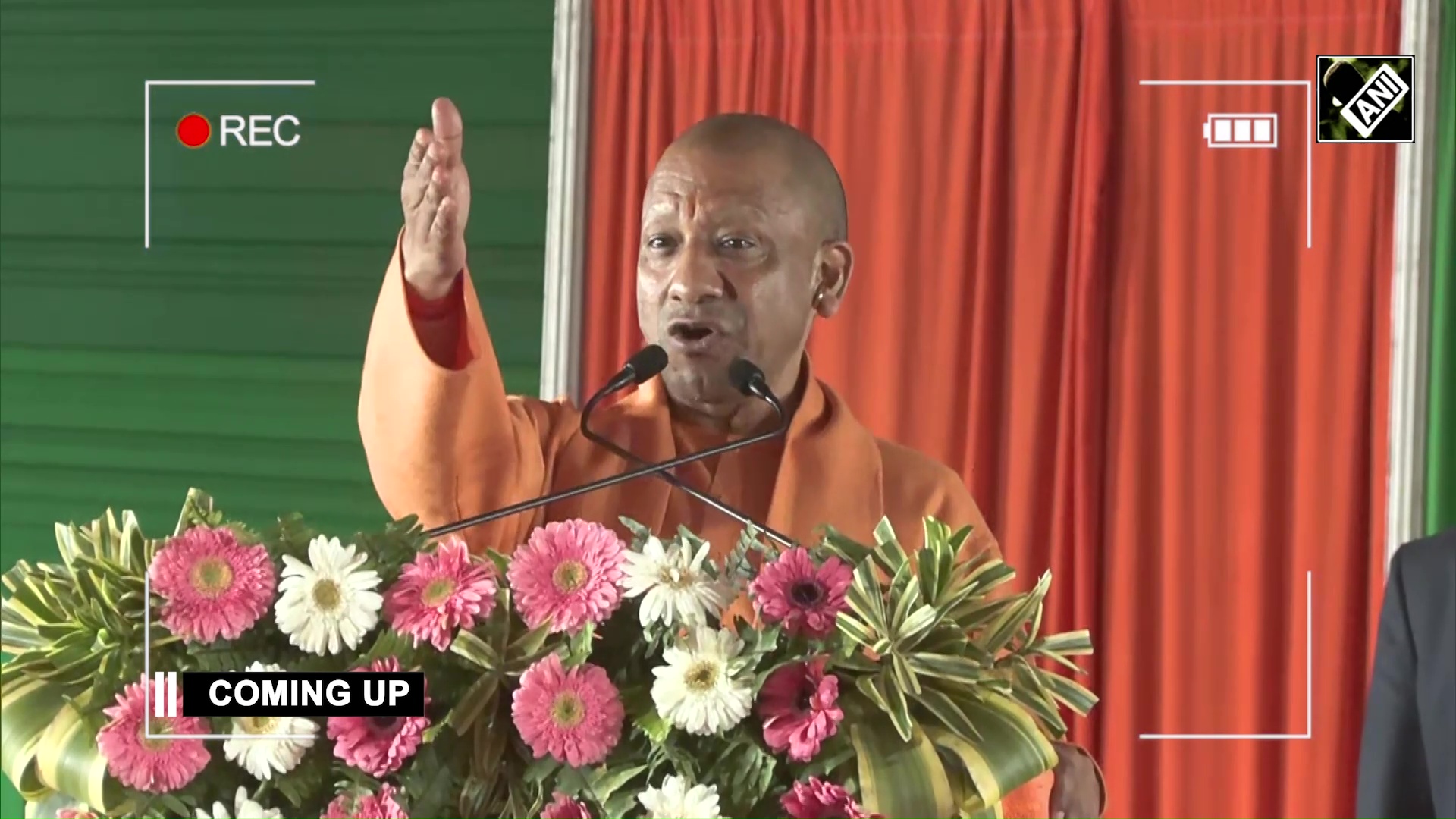Foreigners including Indians bear brunt of Singapore COVID Job losses
Mar 22, 2021

By Lee Kah Whye
Singapore, March 22 : Jobs in Singapore contracted dramatically last year due to the COVID-19 pandemic with foreigners most impacted by the decline in Singapore's labour market.
A Singapore Ministry of Manpower (MOM) report published last week revealed that total employment in Singapore shrank by 166,600, its sharpest decrease in more than two decades by a wide margin.
The next largest decline happened during the 1998 Asian Financial Crisis where 30,600 jobs were lost. During the 2003 SARS (Severe Acute Respiratory Syndrome) virus outbreak, Singapore experienced a net lost of 12,900 jobs for the year. Singapore recovered relatively quickly from the Global Financial Crisis of 2008 and did not suffer a net employment decline that year or the next.
Total employment (excluding Foreign Domestic Workers, FDW) fell by 166,600 in 2020 with 181,500 jobs lost by non-residents. On the other hand, resident employment rebounded to slightly by 14,900 to above pre-COVID levels, with improvements recorded in the second half of the year.
Although non-resident employment deteriorated in all sectors, the bulk of job losses were in the construction and manufacturing industry and the most impacted were the lower-paying jobs which saw a decrease of 138,800. Among the other foreigners who lost their jobs, the higher paid S Pass holders and EP holders accounted for 26,000 and 16,700 of the decline, respectively.
As of June 2020, there were 1,099,200 foreign nationals (excluding FDW) working in Singapore. The overall number of people employed, excluding FDW, in Singapore stood at 3,355,900 as of December 2020.
The reason for the growth in local resident jobs is due to a combination of government policy adjustments that favoured residents, various government job support schemes for locals and COVID travel restrictions discouraging foreigners from seeking jobs in Singapore. Not unexpectedly, the industries which experienced the largest contraction in jobs are in the sectors most affected by COVID-19 - tourism and aviation, including events, retail, and food and beverages businesses which are tourist-dependent.
The MOM report added that by the fourth quarter of 2020, Singapore's labour market showed a broad improvement with resident employment growing firmly while unemployment rates and retrenchments eased. While the annual average unemployment rate rose to 3.0 percent, its highest level in a decade, they did not exceed levels recorded in previous recessions after accounting for the increase in Singapore's workforce size over the years. However, resident unemployment and long-term unemployment rates are still elevated, and labour market recovery in 2021 remains surrounded in uncertainty. While the Singapore economy is expected to see a gradual recovery over the course of the year, the pace of recovery is likely to be uneven across sectors.
The shrinking job market for non-residents is not good news for foreigners including those from India seeking job opportunities in the island republic. Singapore has constantly been ranked as one of the top destinations for Indians seeking jobs abroad.
In fact, in a report by Australian recruitment firm, Seek Group published last week, India ranks 7th among countries from where people would like to come to Singapore to work.
The report is the latest "Decoding Global Talent" report presented by Seek Group and JobStreet is produced in partnership with the Boston Consulting Group and global online recruitment solutions provider The Network. The report surveyed more than 208,805 people in over 190 countries.
Another finding in the report is that people seeking work opportunities around the world say that Singapore is the top country among Southeast Asian countries and Hong Kong which they would most like to live and work in. Globally, Singapore is the 7th most attractive city and 8th most attractive country to work in for international talent.
Many Asian countries (Singapore, Japan, New Zealand) have grown in popularity among global talent, likely due to better management of COVID-19.
Among the key global trends, the report uncovered was that the willingness to move abroad has dropped significantly. Furthermore, COVID-19 has altered workers preference for their most desired countries and cities to work in and the change was most impacted by the way each country managed the health crisis. This has resulted in Canada overtaking the US as the most desired country that respondents to the survey say they would like to seek employment in.
Another trend that has emerged is discovery of new mobility for workers where virtual working has become the norm and where the marketplace for talent is the world. People may not need to physically move abroad to find work since working remotely for a foreign employer could be a valid alternative. For more progressive governments, employers and workers, the emerging virtual talent pool is opening up possibilities. Indeed, in the above-mentioned report, 57 percent of respondents say they are willing to work remotely for a foreign employer, compared with 50 percent who are interested in physical mobility.
On a national level, virtual mobility could help to reverse brain drain and motivate people to move from large cities to less frequented areas. For employers, hiring talent remotely will open up new talent pools, reduce relocation and payroll costs, and help improve diversity. For Individuals, remote international work is an opportunity to offer their services to the highest bidder, without having to uproot their lives and families.



















